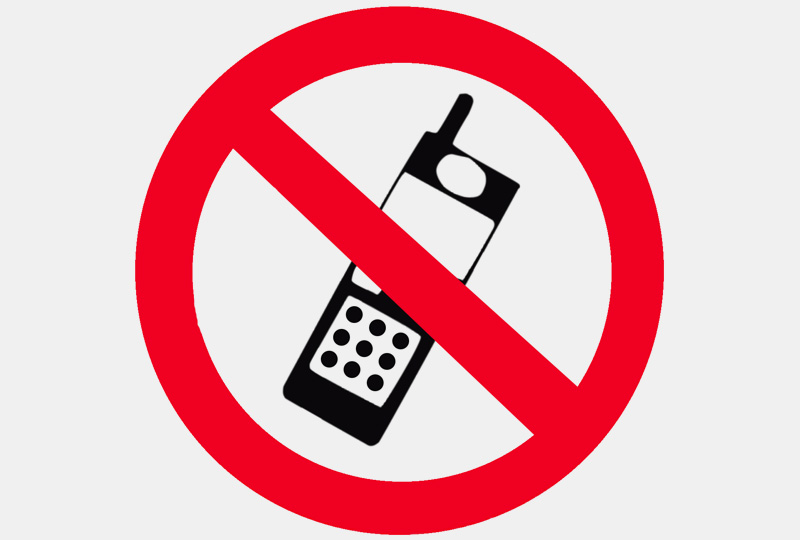The Fair Debt Collection Practices Act was enacted to protect consumers and debtors from unfair collection practices and to punish debt collectors who violate the law. The law enables you to get a free attorney to sue a debt collector when they do something inappropriate. As a consumer, know this–the FDCPA can do an excellent job of protecting YOU from debt collector abuse and harassment.
Here are 5 unfair debt collection practices to watch out for:
Contact via social media (Facebook): Facebook and other social media sites are all the rage these days–debt collectors have jumped on the bandwagon, too. There’s buzz, discussion, and even seminars being held for debt collectors regarding ways that collectors can use social media sites and the Internet to get information about the consumers they are targeting.
If you’re wondering “Is this legal?” the answer is that yes, to a point it it is legal. Notice I say “to a point”! That is because debt collectors can EASILY cross the line when using social media, especially since using social media is relatively new to debt collectors. For example, debt collectors are definitely not allowed to contact you via Facebook, and are not allowed to harass or abuse you online any more than they are via telephone, mail, or in person.
If you have been contacted by a debt collector via a social media site, or if you get the feeling that a debt collector has used the Internet or social media to add contact information to your file, call a consumer attorney, ASAP.
Excessive contact from one bill collection company. Consumers often feel like bill collectors are calling them 24/7. I often hear from consumers that “they” are calling over and over again, but as a consumer, you need to identify “they.” If you are receiving more than 5 calls a day from the same collection agency or bill collector, they may be violating the FDCPA and FCCPA.
You MUST track and document the calls, though–
use our downloadable call tracking form to log specific and accurate information about who is calling you, and when. In logging calls, you may realize that several different debt collectors have been calling you once or twice a day, which may or may not be illegal, but would not be considered “too frequent” according to the FDCPA. However, if you realize that you ARE being called repeatedly by one specific debt collection company, take your call log to a consumer attorney, and by all means save any voicemail messages.
Contact via cell phone. It’s happening more and more–consumers are being contacted on their cell phones by bill collectors. Guess what–this may be illegal. This issue actually warrants a blog post of its own, but for now, realize that in many cases, the way that a debt collector obtains your cell phone number makes the calls to your cell phone illegal. If you are receiving telephone calls and messages on your cell phone, make sure to save the messages, and make an appointment with a local consumer attorney, ASAP.
Debt Collector voice mails: Voice mails from a debt collector can be illegal, and a violation of the FDCPA. Be wary if you begin receiving voice mail messages from a debt collector. Very important: save the messages, no matter what the content!
Even a message that sounds “OK” to you could be illegal, and the very fact that a debt collector is leaving a message should be a warning sign. Why? Because legitimate, by-the-book debt collectors should know that leaving voice mail messages risks a violation of the FDCPA. So any message could mean that the debt collector you are dealing with is NOT legitimate or by-the-book…who knows what could happen next? So save those messages. While a future encounter with the same debt collector could be a “he said, she said” situation (abusive talk during a live, unrecorded telephone conversation, for example), having the proof of voice mail messages from the abusive debt collector will strengthen your FDCPA case, if you begin working with a consumer attorney. Debt collector abuses frequently begin small and grow worse over time.
Statute of limitations and zombie debt. Are you suddenly getting collections calls about a credit card that you had or haven’t paid in more than five years? This is called ‘zombie debt’, ‘time-barred debt’, or debt outside the statute of limitations. It is illegal for a debt collector to sue you or threaten to sue you for such debt; however, it is not illegal for a debt collector to ask you to pay the debt. Watch out–a single payment on a zombie debt can bring it back to life in some states. Be very careful making a payment for a debt that you don’t recognize. Instead, contact a local consumer attorney who will be familiar with your state’s regulations.
photo credit: sxc.hu/mzacha

